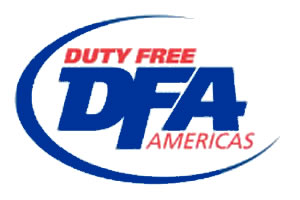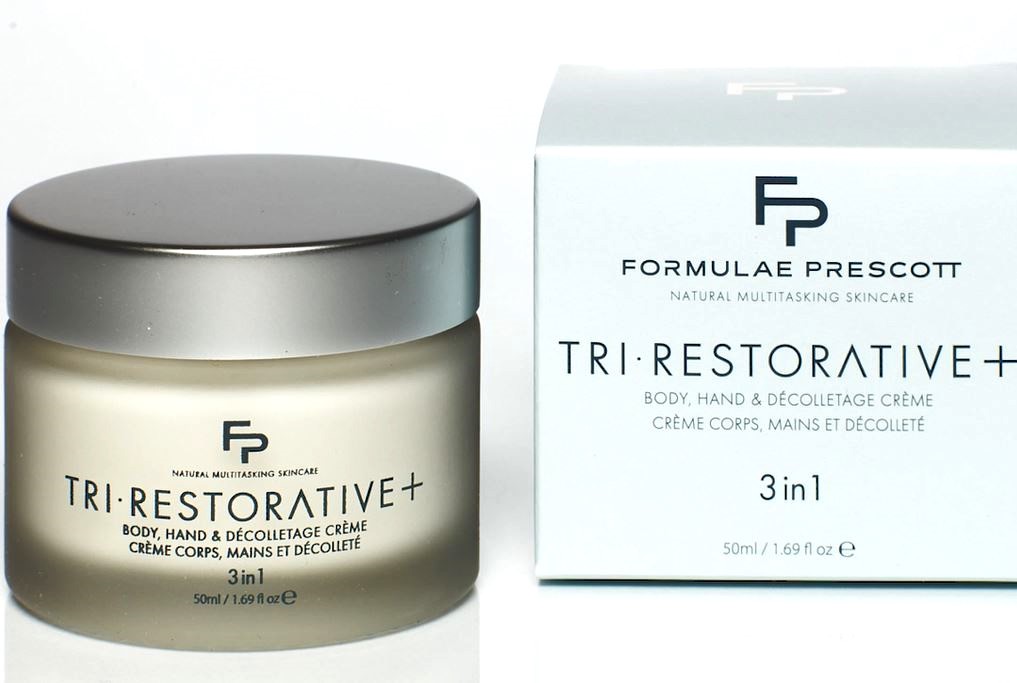USA. The long-running legal row between The Estée Lauder Companies (ELC) and Duty Free Americas (DFA) has been resolved in the supplier’s favour after the retailer declined to challenge an earlier Court of Appeals ruling.
Time ran out in late December for DFA to appeal the 7 August decision, which had in essence upheld ELC’s refusal to do business with the retailer, and its communication of that fact to airport authorities (see below for full background).
 |
The Falic family, which controls Duty Free Americas, confirmed to The Moodie Report that the matter was now closed but issued a strong statement relating to the original claim.
It said: “Our lawsuit was precipitated by, among other things, Estée Lauder’s January 2007 letter to its duty-free store retailers stating that Estée Lauder planned to change its pricing structure from travel retail suggested prices to U.S. domestic suggested retail prices, thereby eliminating the duty-free savings expected by airport shoppers.
“Estée Lauder has actually achieved more than its goal by opening airport stores, itself, or together with partners and selling its products at the higher margin U.S. domestic suggested retail prices while, at the same time, paying, as low as, less than half of the percentage rent factors, to the airports, than the duty-free stores pay in those same airports.
“Duty-free retail generates the highest concession fees at international airports, due to the fact that duty-free retailers pay a much greater percentage of sales than domestic retailers. Because Estée Lauder airport stores sell their products at full U.S. domestic suggested retail prices and pay the drastically lower domestic retail concession fees, international passengers who shop at Estée Lauder airport stores pay prices that are as high as department store prices (per Lauder’s letter), and the airport receives less revenues attributable to Estée Lauder’s lower domestic retail concession fees.
“Since the trial court stayed discovery in our lawsuit, we were never afforded an opportunity to conduct full discovery. We continue to be deeply troubled by Estée Lauder’s conduct. While we do not agree with the Court’s decision, it is final and we respect it.”
 |
Given the right of reply by The Moodie Report, ELC said in a statement, “Three times the courts have rejected DFA’s attacks on The Estée Lauder Companies. The record speaks for itself.”
BACKGROUND
The Moodie Report broke the news of the dispute on 27 April 2012 and has since covered it blow by blow, ensuring at all times balanced coverage that reflected both sides’ perspectives on a row between retailer and supplier unprecedented in scale in travel retail history.
The bitter dispute neared its end game on 7 August 2015 when the United States Court of Appeals upheld the District Court’s dismissals of DFA’s multi-count suit against ELC. That represented another twist in an extraordinary clash between the country’s largest beauty supplier and travel retailer respectively.
In its District Court challenge, DFA continued to claim that ELC’s refusal to do business with DFA, and its communication of that fact to airport authorities evaluating whether to offer rental space to the retailer, violated several federal and state laws.
DFA also alleged that Estée Lauder placed anti-competitive restrictions on duty free retailers’ display space and ability to select their own inventory and sought injunctive relief from these requirements. Finally, it claimed that its competitors disparaged its business methods and financial projections to airport authorities and sought to hold Estée Lauder accountable for all of those statements.
DFA had earlier filed suit in the United States District Court for the Southern District of Florida, asserting three claims in its amended complaint: (1) attempted monopolization, in violation of § 2 of the Sherman Act; (2) contributory false advertising, in violation of § 43(a) of the Lanham Act; and (3) tortious interference with a prospective business relationship, in violation of Florida law.
 |
As reported, the district court had dismissed the lawsuit in its entirety for failure to state a claim.
As first revealed by The Moodie Report, DFA began the anti-trust action in April 2012, arguing that the beauty products giant had conducted “a campaign of anti-competitive and tortious activity to drive DFA out of business”.
In summarising its ruling, the United States Court of Appeals said: “After thorough review, we affirm. On each claim, DFA failed to allege basic facts sufficient to state a claim to relief that is plausible on its face.
Thus, in pleading its antitrust claim, DFA did not adequately allege that Estée Lauder engaged in predatory or anticompetitive conduct. Nor has DFA come close to establishing standing to seek injunctive relief from the requirements that Estée Lauder places on its competitors, inasmuch as DFA no longer does any business with Estée Lauder.
“As for its false advertising claim, DFA failed to plead sufficient facts from which a court could find that Estée Lauder made false statements, or, for that matter, was responsible for any such statements made by DFA’s competitors. Finally, the complaint failed to allege any improper conduct sufficient to constitute tortious interference with a business relationship in violation of Florida law.”




